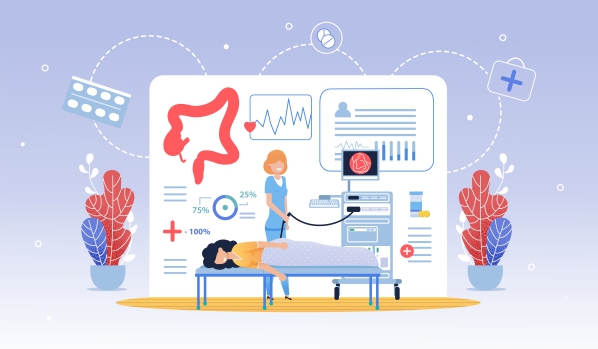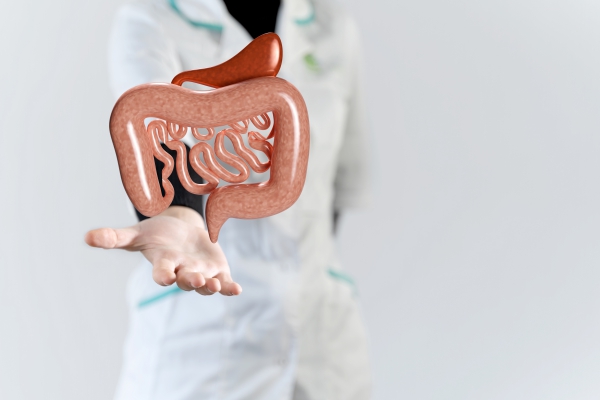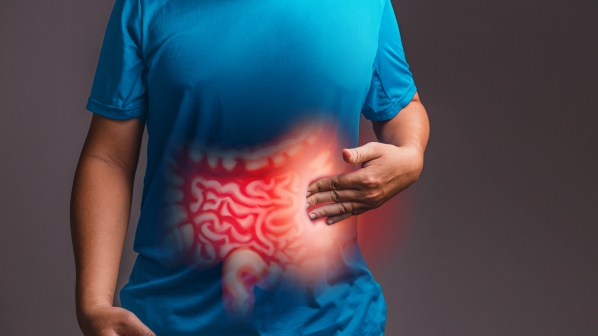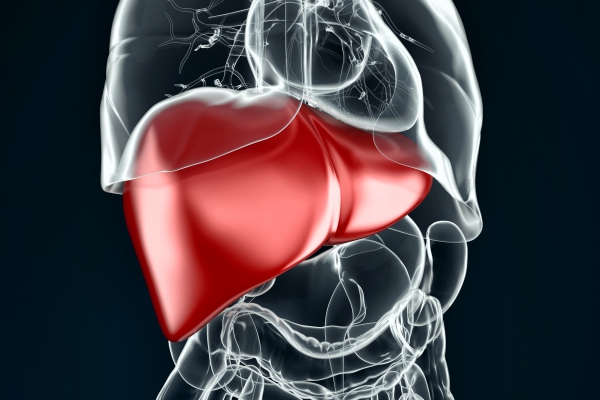What is inflammatory bowel disease?
Inflammatory bowel disease (IBD) is a group of disorders which causes inflammation of the gastrointestinal tract. The gastrointestinal (GI) tract comprises of the mouth, oesophagus, stomach, small and large intestines. In the United States, out of every 100,000 people, 70-150 people are affected by IBD. The most common symptoms are severe diarrhoea, fatigue, abdominal pain and loss of weight. IBD can be a life-threatening condition if left untreated.
There are 2 main types of IBD, namely ulcerative colitis and Crohn’s disease. Ulcerative colitis affects only the large intestine, starting from the rectum and progresses upwards into the colon in an orderly fashion. The inflammation leads to the formation of ulcers on the lining of the intestine. Ultimately the entire colon may be affected. Crohn’s disease on the other hand can affect the gastrointestinal tract anywhere and it does not progress in an orderly manner.
What causes inflammatory bowel disease?
The exact cause if IBD is still unknown. However, genetics and the immune system may play a role. Having a sibling or parent affected by IBD increases the probability of you developing the disease.
If there is a bacterial or viral infection in the GI tract, the immune system will try to get rid of it causing inflammation of the intestines. When the infection resolves, the inflammatory process also stops. This is how the immune system usually works. However, in people with IBD, the inflammatory process continues even after the infection resolves or occurs even in the absence of infection causing the symptoms of IBD. This is known as an autoimmune response whereby the body is attacked by its own defence mechanism. Furthermore, the inflammation can persists for months or even years.

Risk factors of inflammatory bowel disease
There are several factors which predisposes you to develop IBD and these are:
- Age: most people are diagnosed with IBD before the age of 30
- Family history of IBD: if you have a close family member with IBD, you are also at risk of developing the condition
- Ethnicity: certain ethnic groups such as Caucasians and Ashkenazi Jews are at increased risk of developing IBD
- Smoking: ulcerative colitis primarily affects non-smokers and ex-smokers. However, cigarette smoking is one of the main risk factors for developing Crohn’s disease. It may also increase the risk of getting complications
- Gender: ulcerative colitis is more common in men while Crohn’s disease is more common in women
- Environment: living in an industrialized zone or country increases your risk of developing IBD
Signs and symptoms of inflammatory bowel disease
The signs and symptoms of IBD varies among affected people and changes over time. There may be periods where there is no symptoms which is called remission and periods where symptoms return also known as a flare-up. The symptoms of IBD include:
- Abdominal pain
- Bloody diarrhoea
- Fever
- Rectal pain
 Loss of weight
Loss of weight- Malnutrition
- Abdominal cramping
- Fatigue
- Anaemia
- Loss of appetite
- Frequent bowel movement
Crohn’s disease is often associated with perianal fistula which causes drainage and pain near your anus. In addition, there may be inflammation of your joints, skin and eyes.

Making a diagnosis
To diagnose IBD a thorough history will be taken by your doctor where he/she will ask you questions about your symptoms followed by a physical examination. There are several tests which can be done to diagnose IBD and these are:
- Blood tests: to verify if you have any infection, inflammation or anaemia
- Stool test: this test is done to detect blood in your stool
- Barium enema: x-ray of the colon following ingestion of a contrast material to visualise the colon better
- Colonoscopy: a small camera on the end of a thin and flexible probe is introduced into your anus. This is to visualise the inside of the intestine to look for ulcers, inflammation and fistula. During this procedure, samples can be taken to be examined under the microscope to determine whether it is ulcerative colitis, Crohn’s disease or any other pathologies
- Plain abdominal x-ray: This is done as an emergency test to check whether there has been rupture of the intestine.
- Computed tomography or Magnetic resonance imaging (CT or MRI): this test is used to detect complication and to know how much of the intestine is affected by IBD. The images obtained are more detailed than a simple x-ray

Treatment of inflammatory bowel disease
There are mainly 2 treatment strategies for IBD, namely medications and surgery:
Medications
The first step in the management of IBD is anti-inflammatory drugs such as sulfasalazine, corticosteroids, mesalamine and 5-aminosalycilates. These drugs help to reduce inflammation inside the intestines.
Antidiarrheal drugs are used to treat frequent and loose bowel movements.
Antibiotics are prescribed to help drainage, heal fistulas and treat infections.
Immunomodulators such as methotrexate, cyclosporine A and tacrolimus are used to reduce your body’s immune reaction in an attempt to diminish inflammation.
In addition, biologics can be used also to treat IBD and an example is infliximab.
Iron supplements is used if the patient is anaemic as a consequence of frequent bloody diarrhoea.
Surgery
There are several surgeries that can be performed such as:
- Closure of fistula
- Strictureplasty to widen a narrowed section of the intestine
- Removal of the entire colon in the case of ulcerative colitis
- Removal of part of the colon in the case of Crohn’s disease

Complications of inflammatory bowel disease
Complications are common among IBD patients and these include:
- Colon cancer: IBD patients are at increased risk of developing colon cancer due to recurrent inflammations causing structural changes in your intestinal lining
- Medication side effects: prolonged use of corticosteroids for example can lead to osteoporosis
- Skin, eye and joint inflammation: arthritis, skin lesions and uveitis can occur during flare-ups
- Primary sclerosing cholangitis: inflammation of the bile duct can create scars which will narrow the duct and eventually cause liver damage
There are some complications that are specific to Crohn’s disease such as bowel obstruction, malnutrition, ulcer, fistula, anal fissure and perforated bowel which is a surgical emergency. Complications that are specific to ulcerative colitis include toxic megacolon and severe dehydration.
Prognosis
The majority of people with IBD are able to live a normal life. Most people are able to maintain their work life and activities of daily living. The prognosis however depends on several factors including the severity and the age of the patient. You will have to work together with your doctor to achieve adequate control of your medical condition for a better outlook.


Source:
J. Alastair, I. and Simon, M., 2016. Davidson’s Essentials of Medicine. 2nd ed. London: ELSEVIER.
Parveen, K. and Michael, C., 2017. Kumar & Clarks Clinical Medicine. 9th ed. The Netherlands: ELSEVIER.
Rowe, W., 2020. Inflammatory Bowel Disease









